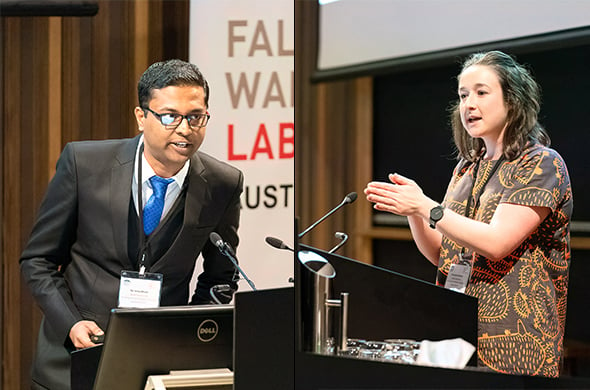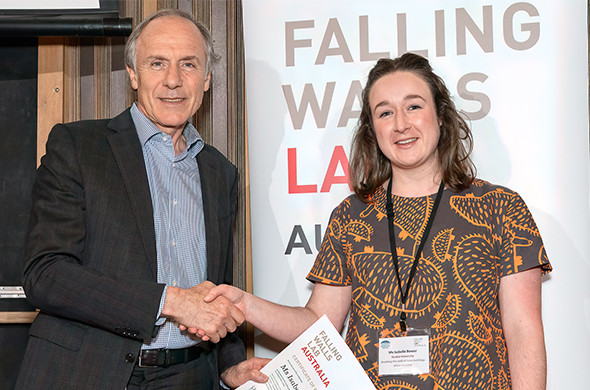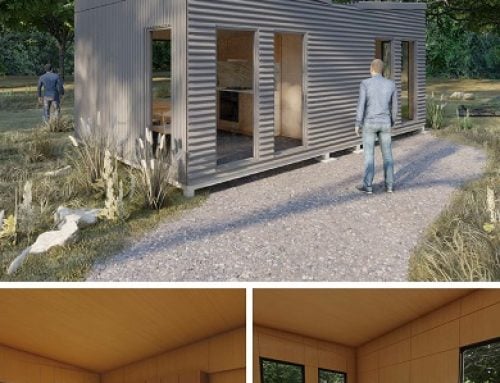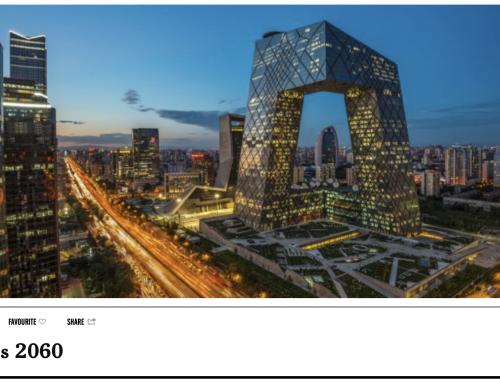Two School of Architecture and Built Environment researchers had the honour of participating in the Falling Walls Lab Australia 2019 national final, hosted by the Australian Academy of Science in Canberra on September 3 at the iconic Shine Dome.
PhD candidate Isabella (Bella) Bower and PhD student Arka Ghosh each had three minutes to present their research to an audience and a jury chaired by Australia’s Chief Scientist Dr Alan Finkel AO FAA FTSE.
Bella’s topic was investigating how buildings affect our emotions while Arka discussed his work developing sensors to monitor the condition of concrete infrastructure.
The Falling Walls Lab is an ‘international forum for the next generation of outstanding innovators and creative thinkers’. It is supported by the Falling Walls Foundation, a non-profit organisation in Berlin, dedicated to the support of science and the humanities. Established in 2009, 20 years after the fall of the Berlin Wall, at its heart is the question ‘Which are the next walls to fall?’ as a result of scientific, technological, economic and sociological breakthroughs.
Each year, the foundation supports scientific organisations around the world to host a Falling Walls Lab. Participants have three minutes to present their research work, business model, or initiative to an audience, including a distinguished jury. Selected participants from these local events then take part in the Lab Finale in Berlin and attend the Falling Walls Conference.
Bella and Arka secured their places in the national final group of 20 after respectively placing second and joint third at the Falling Walls Lab Melbourne event, hosted by the Deakin Science and Society Network. Also representing Deakin at the national final was Dr Dwan Price from the School of Life and Environmental Sciences.
Although the Deakin finalists weren’t selected to go through to Berlin, Bella and Arka say they found the experience of being in the Falling Walls Lab Australia final both challenging and rewarding.
Bella discussed her ‘Architecture with Feeling’ PhD research that is measuring emotional and neurophysiological responses to the built environment. Presenting her research to an audience in just three minutes is something Bella is getting used to. In addition to being a finalist at Falling Walls Lab Australia, after winning the Deakin Three Minute Thesis (3MT) competition, Bella represented Deakin at the 2019 Asia-Pacific 3MT Competition in Brisbane on October 3.
‘Opportunities like 3MT and Falling Walls are great ways to practice communication and engagement,’ Bella says.
‘Clearly and succinctly explaining what you’re doing and why it’s important is critical to influence policy and practice, engage with the public and win funding to continue research. It’s also a valuable skill translatable outside of research – whether for government or industry.’
Bella is supported by a cross-faculty collaboration between Associate Professor Richard Tucker from the School of Architecture and Built Environment and Professor Peter Enticott from the Cognitive Neuroscience Unit in Deakin’s School of Psychology.
Arka spoke about his multidisciplinary project investigating the use of economical sensors to develop a Digital Concrete Quality Control system with an interactive dashboard tool to monitor concrete digitally in real-time throughout its lifecycle.
‘The major challenge of this event was distilling eight months of my research in three minutes and convincing the jury members of the significance, feasibility and breakthrough factor of my research,’ Arka says.
‘I would like to acknowledge my supervisors Dr M. Reza Hosseini from the School of Architecture and Built Environment and Professor Jemal H. Abawajy from the School of Information Technology for their support and guidance and also my fellow team members from an incubator program held at LXRA earlier this year where this project was initially ideated.’
Well done Bella and Arka!
Photo credit: Bradley Cummings Photography








